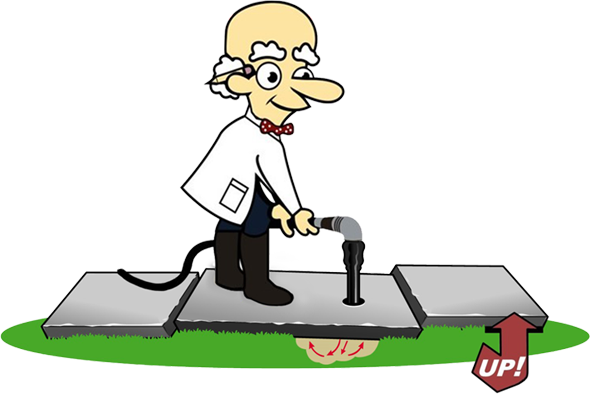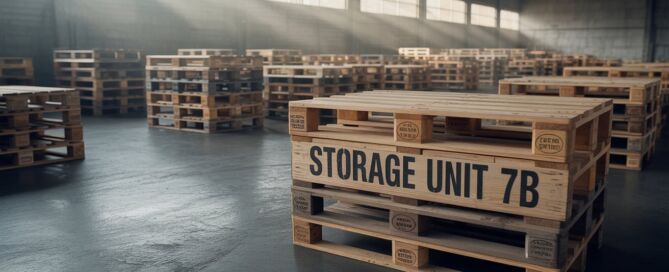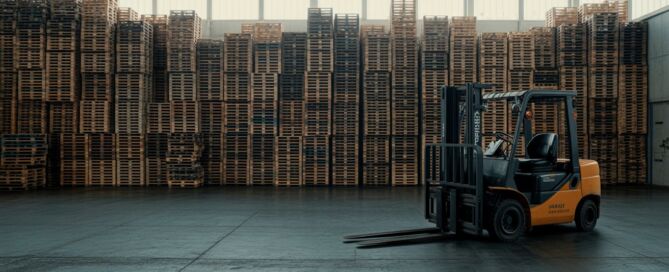Warehouse Concrete Floor Cleaning Tips: Dos and Don’ts
Learn Warehouse Concrete Floor Cleaning and Maintenance Tips: What you need to do or avoid for a lasting concrete floor. If you manage or own a warehouse, you already know how much wear and tear [...]




